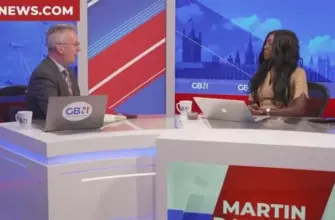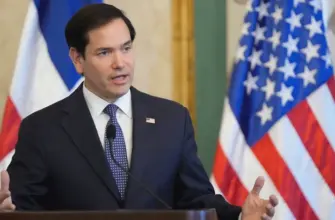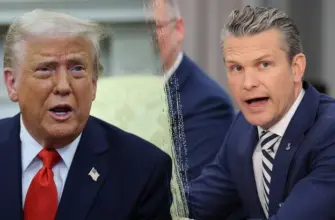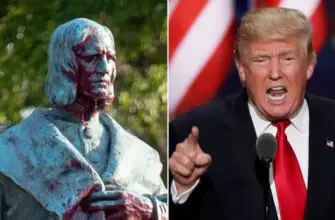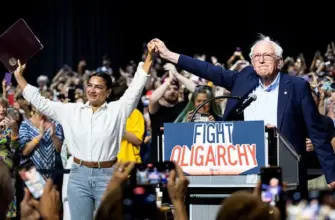Recent surveys suggest a growing wave of economic anxieties – particularly regarding inflation and newly implemented tariffs – are contributing to a dip in President Donald Trump’s public approval.
A Quinnipiac University poll, conducted between April 3rd and 7th, reveals the president currently holds a 41% approval rating alongside a 53% disapproval rate. This marks a slight decline from earlier assessments; in late January, his first week back in office, he registered at 46%-43%, and mid-February showed him narrowly underwater with a 45%-49% split.
However, the most recent Quinnipiac survey indicates that overall approval ratings remain consistent with previous measurements taken earlier last month.
The Current Landscape: Trump’s Poll Position
- Most national polls reflect negative sentiment towards the president, a shift from his initial standing upon resuming his second term.
- On economic matters, Trump’s approval sits at 40%, with 55% expressing disapproval. His handling of trade issues fares similarly, garnering only 39% approval versus 55% disapproval.
The introduction of tariffs on numerous countries last week appears to have significantly impacted public perception. Almost three-quarters of those surveyed believe these tariffs will negatively impact the U.S. economy in the short term, with over half expressing concern about long-term economic repercussions.
As Quinnipiac University polling analyst Tim Malloy observed, “A large majority of voters acknowledge the tariffs are delivering a bruising body blow to the economy in the near term. Will time reduce the pain? Some think it will, but a majority don’t envision that happening.”
When asked about their primary economic concerns, 47% of respondents cited rising prices for food and consumer goods. Other significant worries included:
- Housing or Rent Costs: 20%
- The Stock Market: 17%
- Job Security: 6%
Malloy highlighted a remarkable consensus, stating, “In a rare moment of political unanimity, Democrats, Republicans and independents in equal numbers worry most about the prices of what they eat and what they buy.”
The poll also revealed a divided electorate regarding which party demonstrates greater concern for the needs of ordinary citizens. Thirty-three percent believe the Democratic Party is more attuned to these concerns, matched by an equally large 33% who feel the Republican Party is more responsive. A substantial 31% expressed skepticism, suggesting neither party truly prioritizes their interests.


